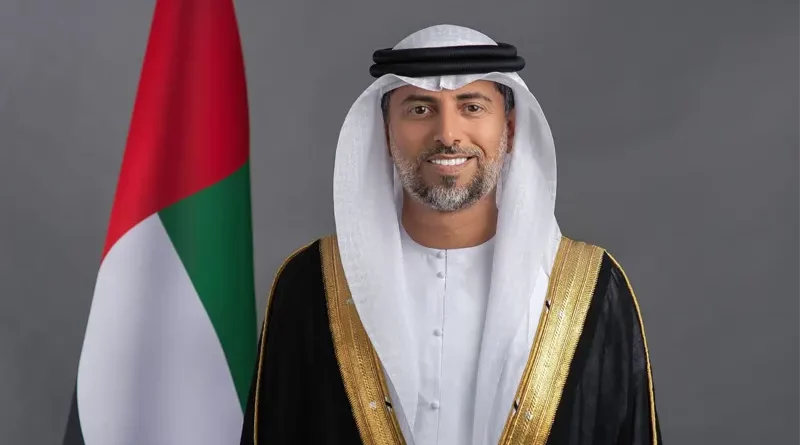UAE launched 11 environmentally-friendly energy projects worth AED159 billion in 2022
ABU DHABI: Suhail bin Mohammed Al Mazrouei, Minister of Energy and Infrastructure, said the UAE has launched 11 environmentally-friendly energy projects worth AED159 billion in 2022.
In an interview with the Emirates News Agency (WAM), Al Mazrouei stated that the UAE’s clean energy production in 2021 totalled 7,035.75 megawatts (MW), underscoring the country’s pioneering efforts in the clean energy sector.
He also highlighted the launch of the UAE Energy Strategy 2050, the first unified energy strategy by the UAE, which aims to integrate the renewable and clean energy mix to achieve a balance between economic needs and climate goals, in addition to reducing dependency on other fuel sources over the next three decades.
He added that the UAE has adopted, in order to ensure the renewable energy sector’s sustainability, the latest innovations that drive the path of sustainable development, noting that the UAE was among the first countries to ratify the Paris Agreement.
He then pointed out that the Ministry of Energy and Infrastructure established the features of the energy sector’s future for the upcoming 50 years, by revising the National Energy Strategy 2050, drafting the National Hydrogen Strategy, and relying on the achievements already accomplished over the past five decades.
Al Mazrouei stressed that clean energy’s contribution to the energy mix in 2021 reached 19.63 percent while the contribution of renewable energy reached 12 percent, and the contribution of peaceful nuclear energy reached 7.55 percent.
The global turmoil in energy supplies has created challenges related to energy security and will, therefore, lead to a focus on using the lowest-priced resources available locally, to meet the country’s energy requirements, with an increase in exports in the non-oil sector from the UAE, he added.
The UAE has considerable potential in the field of solar power, and the low cost of solar power will enhance the country’s energy security and its competitiveness, in addition to playing a key role in achieving carbon neutrality, he noted, affirming that the rise of renewables requires transportation upgrades and investment in storage technologies to reliably meet energy requirements.
With the expected decrease in storage costs and their commercialisation, long-term storage technologies will play a major role in decarbonising the grid in a reliable and affordable way, he further added.
Speaking about the performance of international oil markets in 2023, Al Mazrouei highlighted several related factors that will drive prices in 2023, such as the end China’s zero-COVID policy, the US decision to refill the Strategic Oil Reserve, the sanctions imposed on Russian seaborne oil products, and ongoing global inflation.
He then talked about other factors that may negatively affect prices, including the global recession, China’s decreasing demand for oil, and the resumption of trade between Russia and Europe.
Al Mazrouei stressed that the Barakah Nuclear Power Plant is a leading innovative energy project in the process of energy transition. Once fully operational, its four reactors will offset 22.4 million tonnes of carbon emissions, the main cause of climate change, annually.

